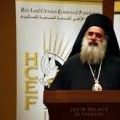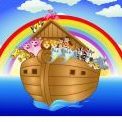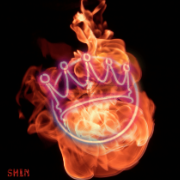-
Recently Browsing 0 members
- No registered users viewing this page.
-
Similar Content
-
- 1 reply
- 482 views
-
How Jesus Helped Me Deal with Confrontation
By Joshua_Entangled,
- authority in christ
- faith
- (and 10 more)
- 0 replies
- 363 views
-
- 0 replies
- 375 views
-
- 4 replies
- 488 views
-






Recommended Posts